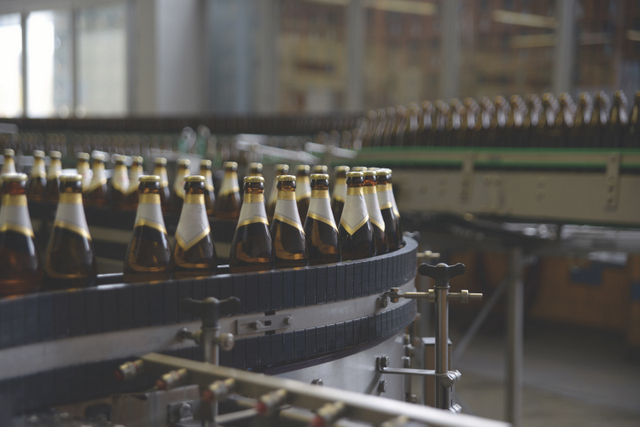
With some 6,600+ breweries operating in the United States, brewers must work hard to establish the value of their brands and secure consumer trust and loyalty. In today’s competitive market and the age of social media, the visual appeal of packaging is having an influence on purchasing decisions. According to Nielsen’s 2017 Craft Beer Category Design Audit, 66 percent of American craft beer buyers say that a beer’s package and label is “very” or “extremely” important for getting them to notice it. With brand image being such a key sales driver, brewers must implement solutions that ensure the condition of their returnable glass bottle fleet.
Bottle condition = brand image
Once it leaves the brewery, a glass bottle acts as the brand ambassador. Whether sitting on a shelf or being held in the hands of a consumer, bottles must make a good impression. A scuffed, damaged or what may otherwise be perceived by consumers as an unclean bottle won’t leave a good impression. In fact, any visual imperfections, however small, can compromise customer experience and may even drive drinkers to competing brands. Because of this, solutions that maintain the integrity of bottles and increase their lifespan are crucial.
Returnable bottle challenges and payoffs
The scale of investment required for returnable bottles is significant. However, it pays off in the long run as it relates to sustainability and consumer loyalty. Despite transport costs, returnable bottle fleets conserve more resources. Plus, nearly a third of consumers are more likely to shop with a brand that offers products in sustainable packaging over those that don’t.
To capture sustainability savings, support the bottom line and maintain brand loyalty, brewers need to properly manage their returnable bottles. Bottles are subject to a very physical process and are most susceptible to damage during the washing cycle and in the following transport on conveyor belts.
Upon their return, labels are removed and the bottles are routinely exposed to high temperatures and harsh chemicals that begin the process of corrosion. Gradually, bottles develop very noticeable scuff rings. Scuffing is a common problem caused when bottles rub together on the lines and during transportation or from the friction of the bottles in contact with the guide rails of the filling and packaging system. These rings typically occur at two points just below the neck and on the bottle’s base.
With the glaze removed, this only accelerates scuffing on the next cycle and each subsequent one. The more the bottles are used, the more their appearance deteriorates. This whole cycle may occur anywhere from 20 to 50 times over the lifetime of a glass bottle. Eventually, the bottles reach the point of breaking, or they are discarded due to their deterioration and poor appearance.
Many breweries use detergents formulated to reduce damage to the surface glaze for some time. However, it is unlikely that these provide a complete solution, as they have been found to be severely compromised in their cleaning ability.
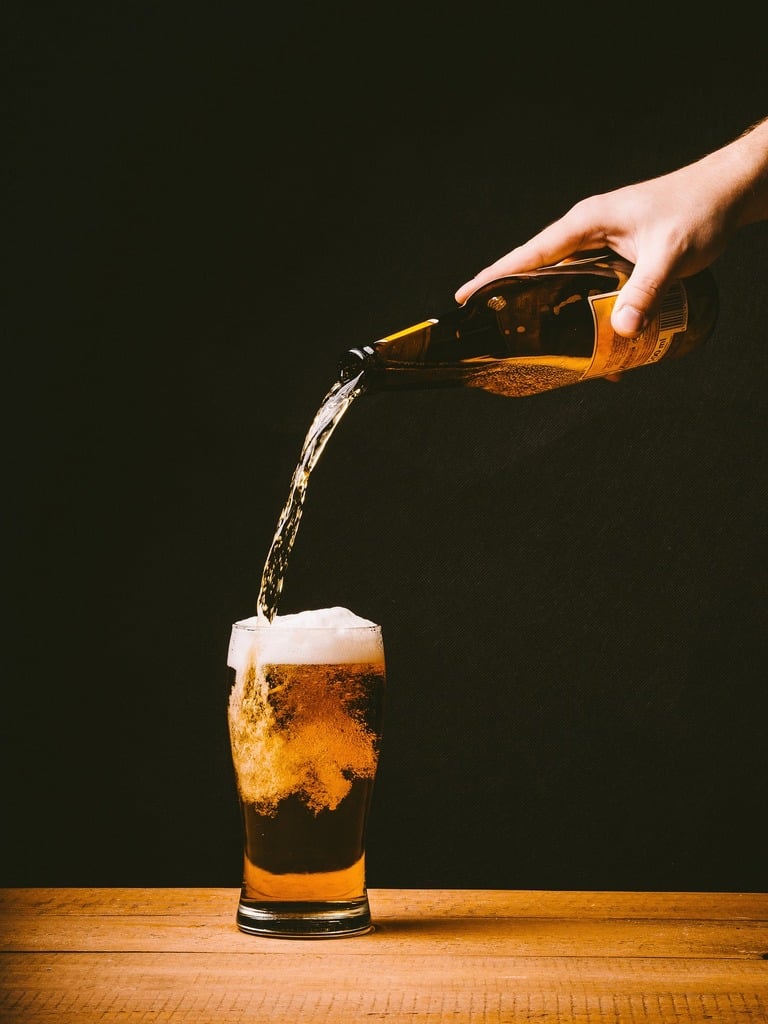
New technology to make old bottles look new again
With new protective cleaning technologies, brewers can improve the appearance of returned bottles while avoiding any impact on customer satisfaction. In fact, breweries can extend the life of their bottle fleet by up to 50 percent.¹
To reduce unsightly glass scuffing and fading of applied ceramic labels or logos, it’s recommended that breweries use a bottle washing additive. This additive should be specifically developed to deliver cleaning power equivalent to the most corrosive detergents in the market and be non-Ethylenediaminetetraacetic acid (EDTA) or phosphate-based to provide a better environmental profile. These additives are dispensed through the conventional dosing equipment employed on existing bottling lines. This delivers high performance cleaning and superior glass protection — compared to single or multi-product conventional heavy-duty bottle washing additives — and at a lower, more economic consumption rate.
Bottle washing additives extend the usable life of returnable glass bottle fleets, which in turn prevents the need to prematurely reject bottles. Better cleaning performance improves line efficiency and reduces a brewery’s carbon footprint. Micro-contamination risks also become less of a worry through scale removal and the prevention of any residue build-up. Bottle washing additives also support a lower re-wash rate which, taken together with all other improvements, achieves a significant reduction in the total cost of a brewer’s operations.
In addition to bottle washing additives, breweries should implement a system that provides bottles with a high-shine, quick drying and non-sticky maskant. The industry average number of trips for a returnable bottle is 20, with many producers discarding glass when scuffing reaches between 4 to 9 mm. New maskant systems can increase the number of trips to more than 50 in some cases. The maskant also protects the feel, condensation patterns and label presentation of the product and achieves an exceptional shine on the bottle, even after multiple trips. Breweries should look for systems that can be retrofit without significant line alterations, provide consistent dilution and accurately spray the masking product to the scuffed areas of the glass bottles after the washing process.
Brewing a good investment
Today, consumer expectations around sustainability are growing. With bottle care solutions like bottle washing additives and maskant systems in place, brewers can improve operational efficiencies and prolong the life of their fleets, thereby reducing costs and improving their sustainability credentials. By implementing these solutions, brewers can provide customers with the best-looking bottles to drive increased loyalty and sales.
¹Data from trials of DivoBrite Defend.
Stefan Grober is an R&D application fellow with Diversey’s Food & Beverage division. Diversey is a leader in smart sustainable solutions for cleaning and hygiene, including the DivoBrite Defend and DivoMask solutions for brewers. To learn more, visit www.diversey.com.

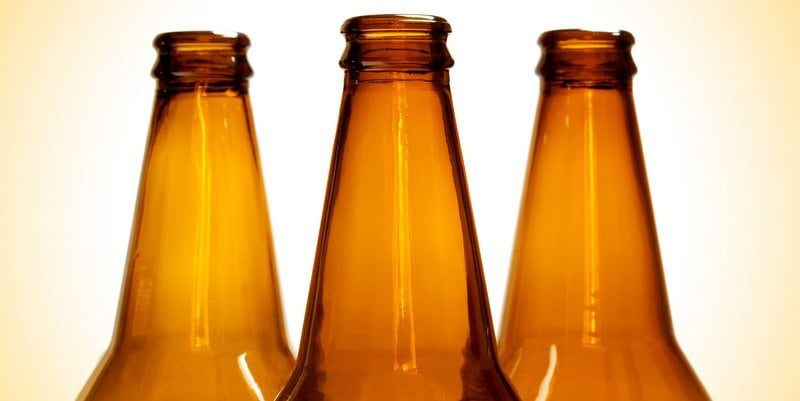
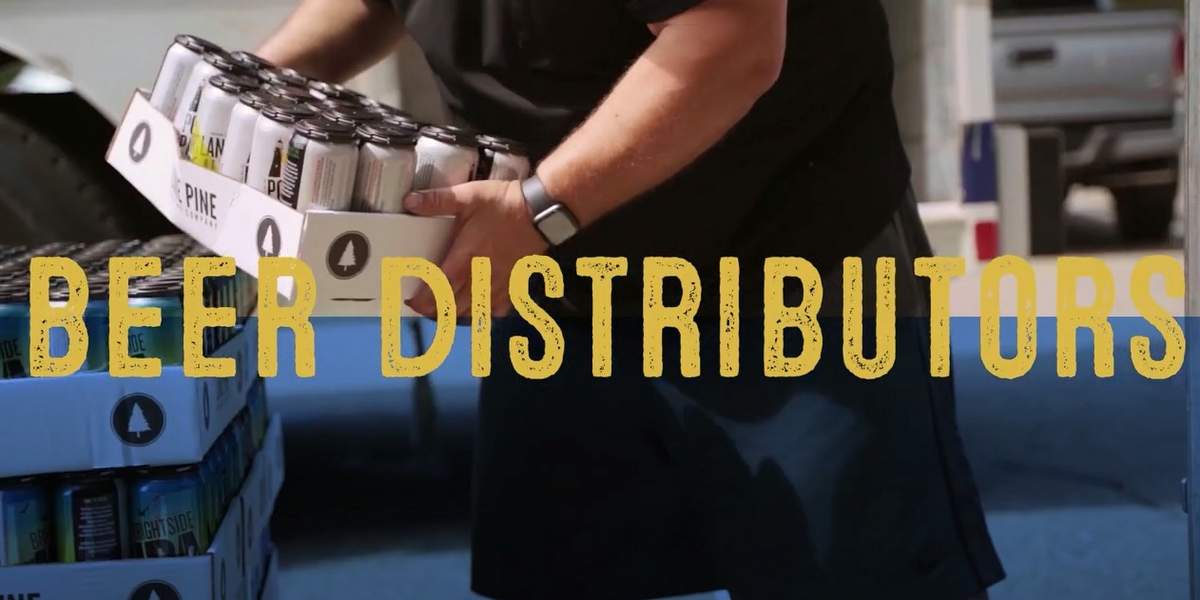

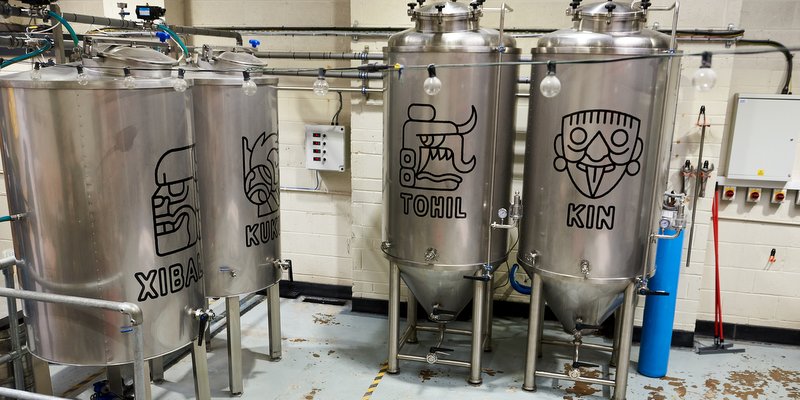
Leave a Reply
You must be logged in to post a comment.